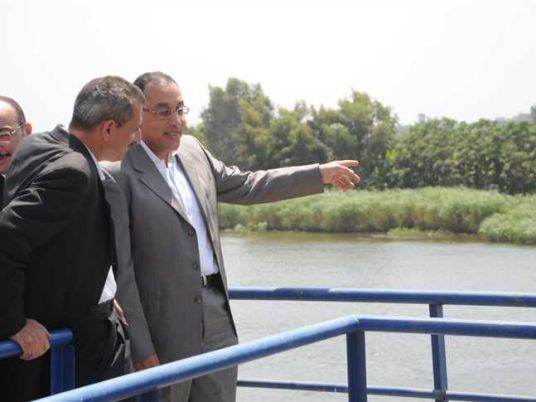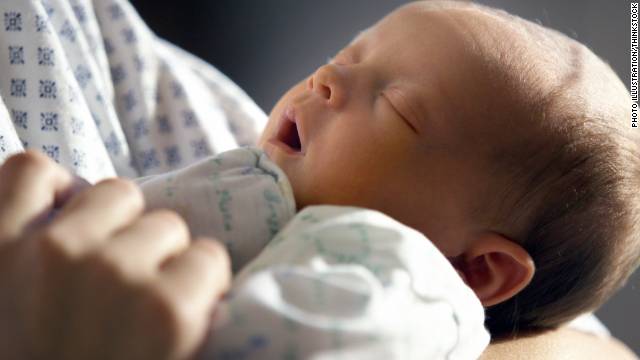
BANHA, Qalyubiya — Voting patterns in Qalyubiya Governorate's northern city of Bahna highlighted an age-specific split, as the second phase of the referendum on the draft constitution got underway Saturday.
Most of those voting "no" who were interviewed by Egypt Independent were predominantly university students, fresh graduates or young professionals who said the draft constitution fails to meet their expectations and their dream of a better Egypt, for which they revolted two years ago.
After 10 governorates voted in the first phase last weekend, initial results showed a turnout of about 31 percent and a 57 percent vote in favor of the constitution. Many monitoring groups and opposition forces reported wide-scale violations, which they characterized as serious enough to delegitimize the whole voting process.
Phase two encompasses 25,495,237 voters in the 17 remaining governorates including Qalyubiya.
“This constitution was passed over the blood of those who were killed in front of the presidential palace," Ahmed Nassar, an engineering student, tells Egypt Independent.
One month ago, President Mohamed Morsy had passed a controversial constitutional declaration, giving him sweeping powers that allowed him to announce a snap referendum on the divisive and rushed draft constitution.
Opposition groups came out in full force against both the declaration and the constitution, while the president remained on course with the support of the Muslim Brotherhood, their political arm the Freedom and Justice Party, and other Islamist and Salafi groups.
The result has been a highly polarized political climate and a widening social schism between opposing political groups, at times leading to bloody clashes, which turned fatal on 5 December when an anti-Morsy sit-in was attacked and fighting ensured for hours.
Nassar says the constitution "does not meet the basic demands we revolted to achieve."
"How will 'free medical services' be provided to the 'poor'? How can we define who is poor and who is not? This is demeaning for Egyptians," he says, referring to stipulations in the draft granting free healthcare specifically to the poor.
But Hazem Allam, a 50-year-old government employee, voted "yes," believing it to be a vote for stability.
“Most of these young people who vote 'no' do not have families to support, they don’t have responsibilities. As the sole breadwinner of my family, I have more serious issues to worry about. This chaos has to stop,” he says.
“We do not have the luxury of voting 'no' because we do not have the will to write a new constitution — this is the best we can get,” the disgruntled father of three adds.
Mohamed Ahmed, 43, agrees, citing stability as his priority. "The spirit of the youth is for quick change, seeking to resolve all the problems at once, which can never happen. Things have to change gradually," he says, adding that any problems with the constitution can be changed later. "The constitution is not the Quran.”
Qalyubiya is one of the most heavily populated governorates of the Delta, with a population of over 4.5 million and eligible voters totaling 2.6 million, or 5.5 percent of the country’s total voting capacity.
Former air force commander Ahmed Shafiq, who was also Mubarak's last appointed prime minister, won a majority of the votes in the governorate in round one of the presidential election, and beat Morsy in the runoffs there as well.
Young voters equate rejecting the referendum as a way of also rejecting the rule of the Muslim Brotherhood's backing of Morsy
“This is not a vote only on a group of articles; it is a vote over the project of the Brotherhood that I reject,” Esraa Hany, a business student, says.
“Older generations are selfish. They seek quick stability but cannot think of the long-term effects of this constitution. We were raised to understand that the older you grow, the wiser you become, but it is not true. We [the youth] are becoming wiser,” she adds.
The constitution would create state institutions based on flawed fundamentals, she argues, adding that "real stability will only come from true justice and democracy, values that we do not see in this constitution.”
Some middle-aged parents interviewed say they were swayed to vote "no" by their children.
“I usually listen to my children because they are more open to politics and I always trust their choices. The young people are the ones who started the first spark of this revolution,” Mona Ezz, a nurse in a public hospital, says.
Ezz, who had participated in the nationwide doctor’s strike in protests of the deteriorating health sector, says the proposed constitution does not meet the basic needs of the poor.




